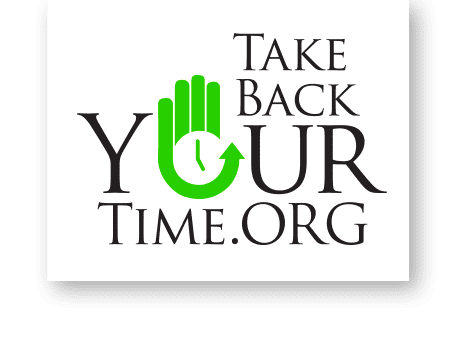
By Sara Veltkamp –
“Happiness depends more on the inward disposition of mind than on outward circumstances.” – Benjamin Franklin.
Benjamin Franklin lied, or at least was mistaken. Despite the commonly held conception that happiness is a choice, for most people, overall happiness is a feeling brought about by tangible, measurable factors.
Not that choosing to be happy doesn’t play a part in happiness, but thanks to data collection and analysis, we know that when surveyed, people around the world tend to have the same answers to the question: “What makes you happy?” These answers are often a combination of factors – a strong community of support, enough money to pay bills, a job or life pursuit that is satisfying, free time, green space – these are the things necessary in the pursuit of happiness.
Happiness matters
I recently sat down with friend and fellow Seattleite John de Graaf. He is a documentary filmmaker, the president of Take Back Your Time, and co-founder of The Happiness Alliance. For years, he has been advocating for government policies and developing tools for individuals and businesses that focus on happiness.
The Happiness Alliance strives to improve the well-being of society by increasing understanding and appreciation of the factors that lead to life satisfaction, resilience and sustainability. In addition to economic status, they focus on examining sectors that span social, environmental, and governance quality. If you’re interested in seeing where you fall in the gross national happiness spectrum, take their test.
De Graaf’s other organization targets the aspect of happiness that he is one of the world’s leading experts on, the work-life balance. Take Back Your Time seeks to challenge the epidemic of overwork, over-scheduling and time famine that threatens our health, our relationships, our communities, and our environment.
He gained his expert credentials in work-life balance through years of study, public speaking, and advocacy. He created the KCTS documentary, Affluenza, and co-authored the book by the same name. Affluenza focuses on consumerism as well as consumerism’s friends, overwork and dissatisfaction, by laying out the symptoms, origins, and possible treatments.
Time and happiness
His current work at Take Back Your Time has shifted slightly from his focus on consumerism to focusing on vacation time in the United States and Canada. As he describes in his opinion piece in the New York Times, while most Americans think fondly of the idea of taking more vacation, only 14 percent of us take two weeks per year.
The problem is two-fold; one quarter of Americans do not have paid vacation and cannot afford to take significant time off. For those who have two weeks or more of paid leave, 40 percent don’t take it for fear of getting behind, being perceived as lazy or undedicated, or for lack of job security.
Social good sector and happiness
This is true in the nonprofit sector as well. As nonprofit workers and others working toward greater social good, we admirably put improving lives as our top professional priority. Unfortunately, we don’t always include our own lives in that group.
Striving for personal happiness when the people we work for suffer from terrible mental illness, are victims of violence, live in poverty, etc. seems indulgent. So we don’t take vacations and we work long hours, often for low pay.
But our health, wellbeing, and economic productivity suffer greatly without adequate free time. Both men and women who don’t take regular vacations are more likely to die early from heart disease – men, 32 percent more likely, women, a shocking 50 percent.
Even if you don’t care about your own health, the health of your organization can suffer if you fail to take vacations or work too many hours. Stress and burnout are expensive; the cost for training new staff in high turnover situations, treatment for stress-related mental health issues, and lost economic productivity can cost up to five times more than offices where vacations are regular. This reality may be even more prevalent in the largely women-staffed nonprofit sector. Depression rates for women who don’t take vacations are double those who do.
Happiness prescription
These findings are not surprising. Stress is harmful in many ways, and taking time for ourselves is important. However, as Einstein said, “knowledge of what is does not open the door directly to what should be.” We know, but we don’t change it.
Much of de Graaf’s work now centers on facilitating this change. He takes on speaking engagements and writes articles to raise these issues in public forums hoping that more discussion with business and government leaders will help them see the wisdom in mandatory vacation time. Take Back Your Time recently named March 31 Vacation Commitment Day in an effort to improve the quality and quantity of vacation time and to encourage employees to take the earned time off from work that they deserve.
You can support this change as well. If you are an employer or in management, provide paid vacation and encourage your staff to take it. Do not celebrate those who work long hours and don’t take time off. An office filled with time martyrs does not a productive office make.
If you are a staff member and you have vacation time, take all of it. Don’t be one of the 40 percent of us who doesn’t. If you have trouble taking vacation, remember that you’re not doing it for yourself. You’re taking vacation so that you can be more healthy and productive, and make more of a difference than you already are.
All statistics on vacations and health are taken from www.takebackyourtime.org.
Also, just for fun, Ban Ki-moon wants you to be happy too.
